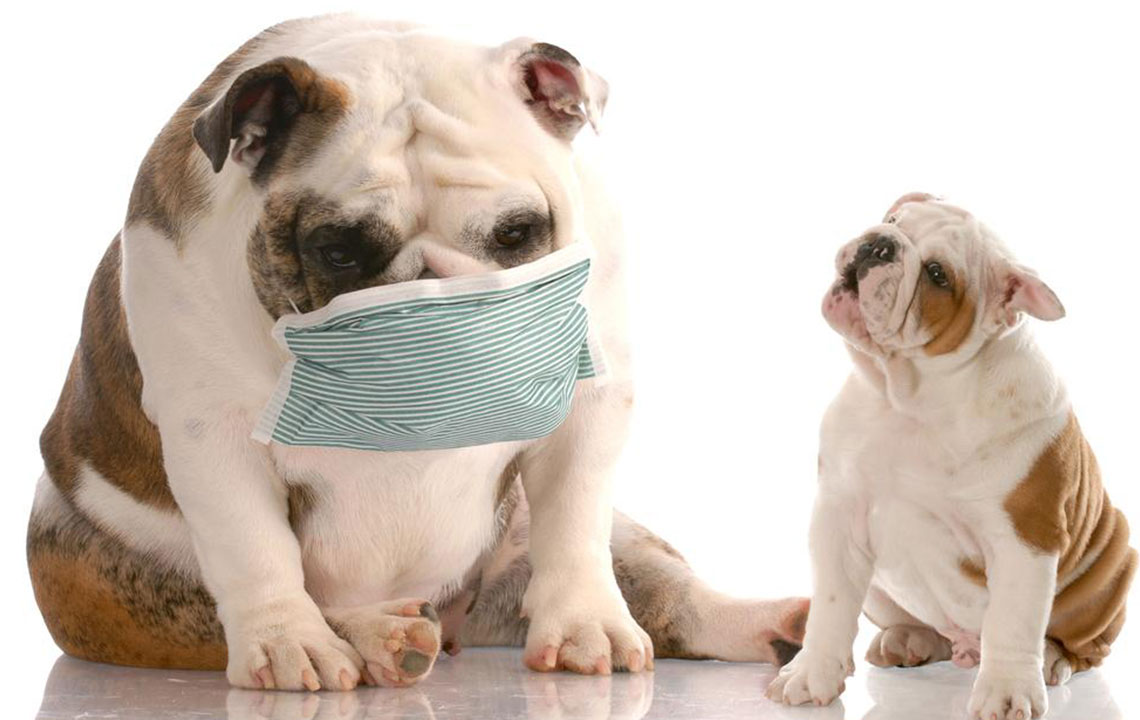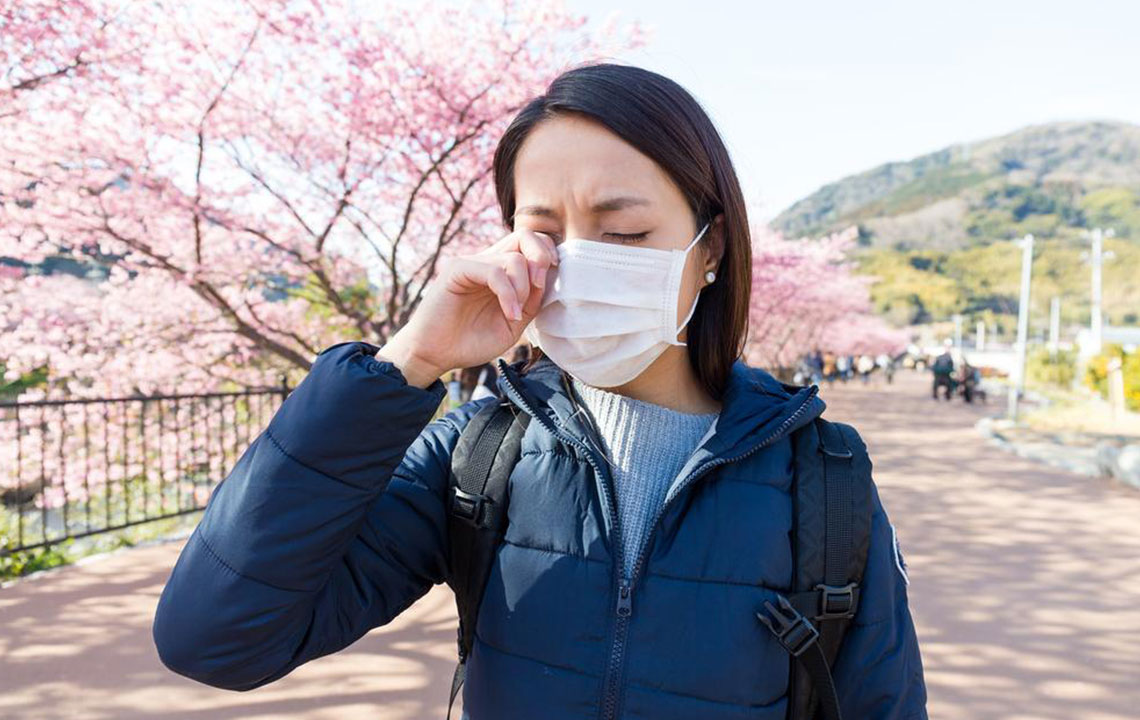Identifying Common Symptoms of Dog Allergy in Humans
This article highlights common signs of dog allergies in humans, including sneezing, coughing, eye irritation, and skin rashes. Recognizing these symptoms early is vital for proper treatment. The piece discusses how exposure to dog dander can impact individuals, especially those with pre-existing respiratory conditions, and offers tips for reducing allergen exposure through cleaning and medication. Identifying symptoms promptly ensures better management of allergies and prevents complications, making it essential knowledge for pet lovers and allergy sufferers alike.

Feeling isolated can be emotionally draining. Since no one can always be by your side, pets become vital companions. Dogs, known for their loyalty and affection, are popular household animals. They offer protection and happiness, but for allergy sufferers, contact with dogs or their dander can lead to uncomfortable health issues. Even without owning a dog, exposure in public or shared spaces may trigger allergic reactions. Early recognition of these signs is important for effective treatment and comfort.
Bringing a dog into your home can be wonderful, but awareness of potential allergy symptoms is essential. These reactions may occur soon after exposure, including sneezing, coughing, or breathing difficulties. Individuals with asthma or respiratory issues may experience intensified symptoms. Recognizing these signs early helps avoid serious health complications.
Sneezing: Persistent sneezing after contact with dogs or in areas with dog dander is common, caused by allergens in fur, saliva, or skin flakes. Regular cleaning and vacuuming, along with antihistamines like Benadryl or Allegra-D, can reduce symptoms.
Coughing and Breathlessness: Playing with or cuddling dogs may induce coughing or wheezing. Early diagnosis allows for appropriate treatment, including medications prescribed by healthcare professionals.
Facial Discomfort: Sinus pressure or facial pain can stem from allergens in dog saliva or fur. OTC decongestant nasal sprays may provide relief.
Itchy Red Eyes: Allergens reaching the eyes cause tearing, redness, and itchiness. Eye drops and maintaining a clean environment can help manage these symptoms.
Skin Irritations: Shed fur and skin flakes may trigger rashes or itching on contact. Regular cleaning of bedding, curtains, and rugs minimizes allergen accumulation.
If you experience these symptoms, consult your doctor promptly to effectively manage dog allergy reactions.


